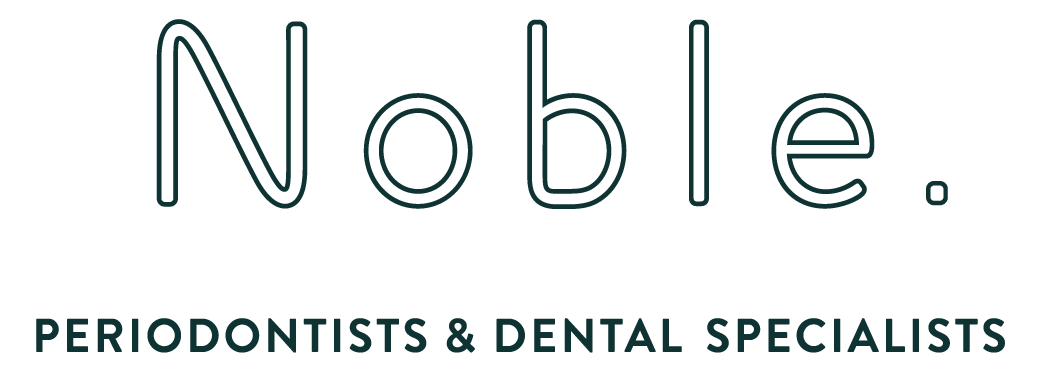Does dental insurance cover immediate load implants NZ?
Does dental insurance cover immediate load implants in New Zealand?
Most private health insurance provides limited coverage of $1,000-$2,000 toward implant treatment, treating immediate load the same as traditional implants. ACC covers implants only for accident-related tooth loss, not routine dental problems or disease.
Private insurance varies significantly by policy. Basic policies often exclude implants entirely or provide minimal coverage. Premium policies may cover 50-80% of "reasonable and customary" fees up to annual maximums. Same-day procedures aren't typically treated differently from traditional implants.
Annual maximums limit total coverage. Most policies cap dental benefits at $1,000-$2,500 annually. Single implant costs exceed these limits, requiring significant out-of-pocket expenses. Multiple implants definitely exceed annual maximums.
Waiting periods delay coverage for major procedures. New policies often impose 6-12 month waiting periods for major dental work including implants. Pre-existing conditions may have longer waiting periods or permanent exclusions.
ACC coverage applies only to accidents. Traumatic tooth loss from sports injuries, falls, or vehicle accidents may qualify for full ACC coverage. Disease-related tooth loss from decay or gum disease doesn't qualify. The distinction can save thousands in treatment costs.
Pre-authorization requirements protect coverage. Most insurers require pre-treatment estimates and approval for implant procedures. Submit treatment plans before beginning to avoid coverage disputes. Some require second opinions for expensive treatments.
Alternative benefits may apply. Some policies cover prosthetics or major dental work under different benefit categories. Check your policy carefully or contact your insurer for clarification on implant coverage.
Employer-provided insurance often provides better coverage. Group policies frequently include higher dental benefits than individual policies. Some employers offer supplemental dental coverage specifically for major procedures.
Payment timing affects cash flow. Insurance typically reimburses after treatment completion. You'll need to pay upfront and seek reimbursement. Some Auckland practices handle insurance claims directly to reduce your hassle.
Tax deductions may offset costs. Medical expenses exceeding certain thresholds may be tax-deductible. Keep detailed records of all implant-related expenses including travel and time off work for potential tax benefits.
Related Questions:
Do private health insurance waiting periods apply to accident-related implants? ACC coverage bypasses insurance waiting periods for qualified accident-related tooth loss.
Can I claim implants as a tax deduction? Possibly, if total medical expenses exceed the threshold - consult your accountant for specific advice.
Do dental payment plans affect insurance claims? No, payment method doesn't affect insurance coverage - claims are based on treatment provided regardless of payment arrangements.
